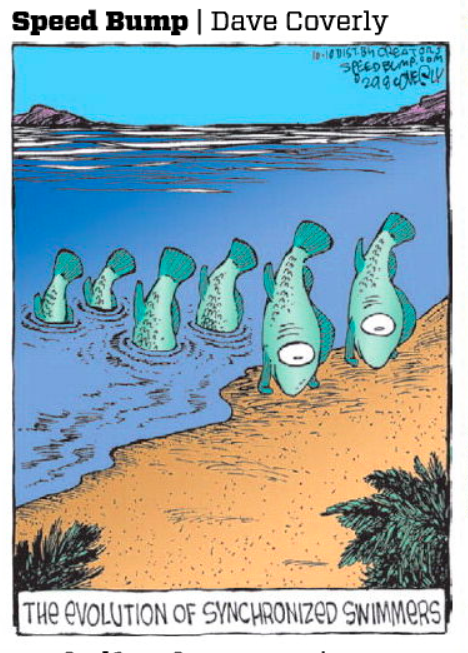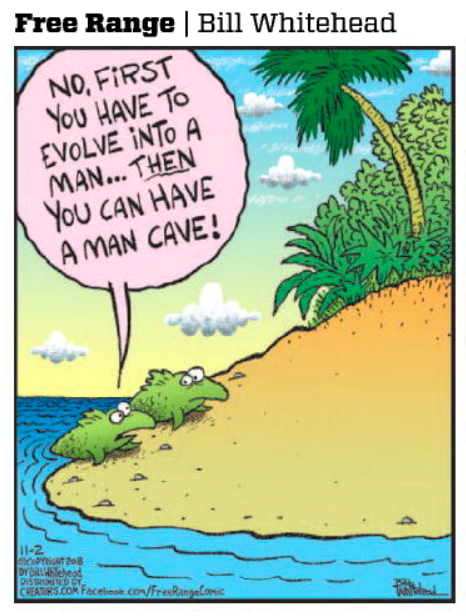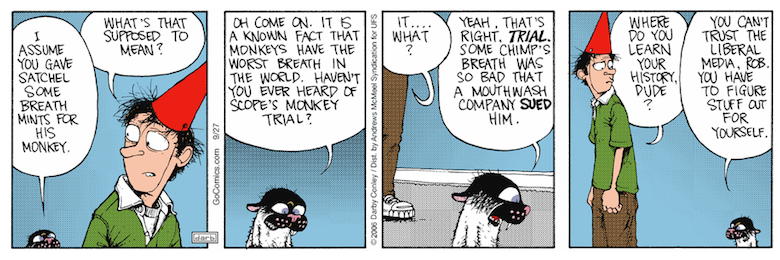You would think that one flat earth model was one too many. But last week there was a Flat Earth Conference in Denver that Kelli Weill attended. She says this conference gave wider publicity to the fact that the group behind the conference is at odds with the Flat Earth Society and that they have different models.
[Read more…]



